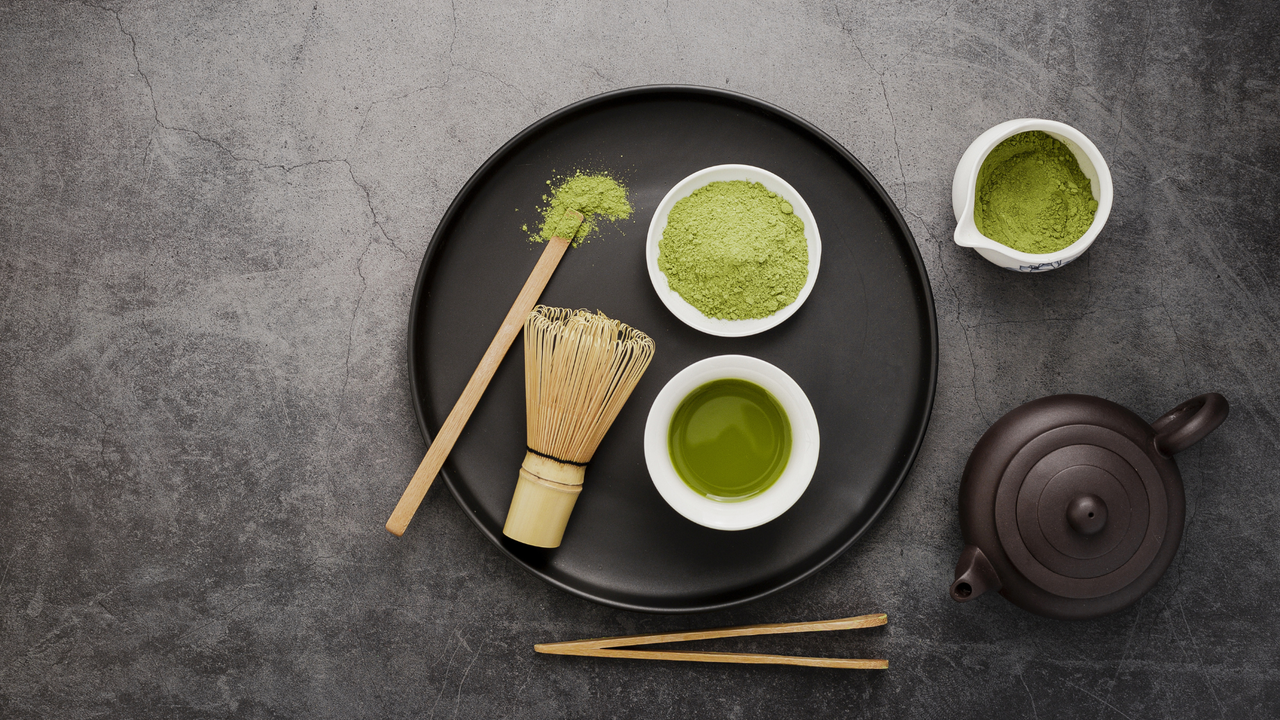- Posted On:2024-08-05 11:08
-
709 Views
The rise of matcha: the 'cool-girl' powdered tea
Despite having a "vegetal, grassy" flavour that's "almost as divisive as Marmite", said Fiona Embleton in Glamour, matcha is rapidly becoming Gen Z's beverage of the moment.
Zendaya and Dua Lipa are among the A-listers who have been snapped sipping "Kermit-coloured" matcha smoothies, cementing the powdered tea's reputation as having the type of "cool-girl wellness aesthetic that Instagram eats up".
From "elusive to everywhere", matcha is cropping up in just about everything from pancakes to cocktails, said Nyima Jobe in The Guardian. As its popularity continues to soar, the value of the global market is expected to climb from £1.8 billion this year, to £2.2 billion by 2028.
Favoured by those looking for ways to avoid the jitters, matcha contains a lower caffeine dose of around 70mg per cup, while a standard cup of coffee has anywhere between 100-140mg.
It might be almost impossible to scroll through social media without seeing a "milky jade green cup of matcha latte" these days, said Medina Azaldin in Harper's Bazaar. However, the origins of the "buzzy" ingredient can be traced back to around the eighth century in China, when it was often served to the "upper echelons of society" before being introduced to Japan by a Zen Buddhist monk in the 1100s.
The "souped-up older sister of green tea" comes from the same Camellia sinensis plant as its sibling but is grown in the shade to boost the leaves' chlorophyll content, said Hannah Coates in Vogue. This means matcha is significantly higher in catechins – polyphenols that have potent antioxidant properties and can help protect cells from free radicals while reducing inflammation in the body.
Matcha has a "laundry list" of potential health benefits, said Glamour, spanning everything from period pain relief to improved memory and reduced risk of heart attack. Alongside catechins and vitamin C, it also contains l-theanine – an amino acid known for its stress-busting properties.
With the matcha movement showing no signs of abating, here are five of the best brands to try.
Matcha & Co premium matcha tea
This top-quality ceremonial grade tea is ground using traditional stone mills in Kyoto. The "beautifully packaged" organic matcha powder is one of the more "potent" options on the market, said the London Evening Standard, but it "truly does taste like premium stuff".
£34.95, matchaandco.co.uk
Clearspring organic Japanese kuwa matcha
For a naturally caffeine-free option, said Glamour, Clearspring's organic kuwa matcha is a "great choice". Made using mulberry leaves that are grown in Kagoshima instead of tea leaves, the bright green powder has a delicate, balanced flavour.
£8.99, clearspring.co.uk
Lalani & Co matcha gold
The "vibrant" colour of this tea "speaks to its quality", said Isabella Keeling in Olive. Grown in the Nakai family's gardens in Japan, it's made using artisan techniques, from hand-picking to stone milling. With its "floral, bright and sweet" taste, it's ideal for whisking into a "silky" froth for a latte.
£29, lalaniandco.com
Teapigs premium matcha green tea
Divvied up into "handy sachets", Teapigs' matcha is perfect for taking with you to the office to "whip up into a matcha latte", said the London Evening Standard. All you need to do is add a "heck-tonne" of your favourite milk (consider splashing out on the electric whisk, too).
£7, teapigs.co.uk
Naturya matcha superfood latte
Enriched with 450 million live bio cultures and calcium from seaweed, the benefits of this matcha are "far-reaching", said Glamour. The "delicious blend" expertly balances coconut milk, reishi mushrooms and a hint of cinnamon.
£9, naturya.com

